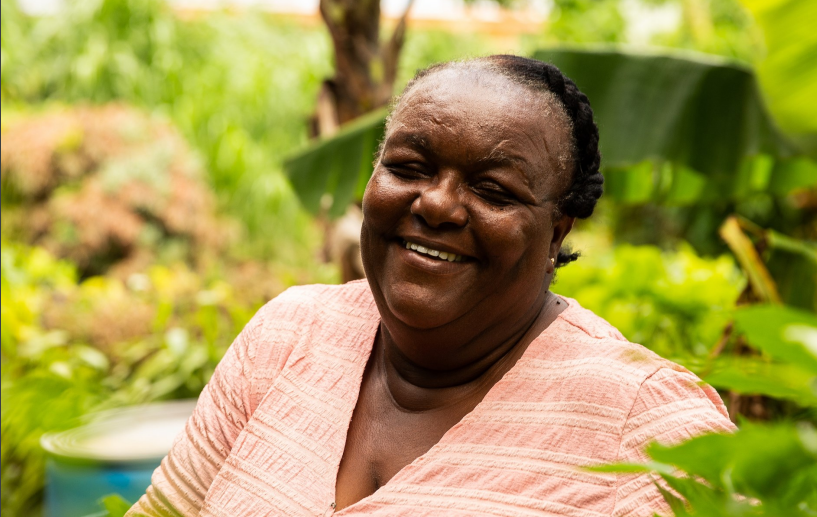Shock-Responsive Social Protection in the Caribbean Handbook
Explore how social protection systems can be linked to disaster risk management to help Caribbean communities be more responsive to shocks.
Image

The purpose of the handbook is to provide decision-makers, technical and operational staff from ministries and agencies responsible for social protection and disaster risk management (DRM), and their partners with practical tools and guidance on how to leverage social protection programs and systems to support people vulnerable to and impacted by shocks. More specifically, it aims to develop:
- An understanding of the conceptual, strategic and practical issues on linking social protection to DRM to prepare for, respond to and mitigate the impact of shocks.
- Practical measures to strengthen social protection systems and their scalability in response to shocks through preparedness measures.
- Strategic and technical competencies to design and implement assistance in response to shocks through social protection and its linkages with DRM.
Social assistance programs are explicitly designed to support poorer and more vulnerable people who have fewer capacities to handle shocks and typically bear the brunt of their impacts. Governments in the Caribbean have also utilized cash transfer programs to respond to different types of shocks. At the same time, social protection includes a range of instruments that can contribute to responding to shocks, including social insurance, which is common in the Caribbean. While the handbook references such measures, it does not cover them in detail.
The handbook explores how social protection can complement and support other sectors in responding effectively to emergencies and the preparedness measures needed to strengthen systems and programs in advance of shocks. However, there may be times and circumstances when social protection has a limited role or no role to play beyond its usual functions. There are always many actors involved across different sectors in supporting people in times of disasters and shocks. This handbook recognizes this diverse picture of different stakeholders and efforts, but does not cover what other actors can do to prepare and respond effectively.




